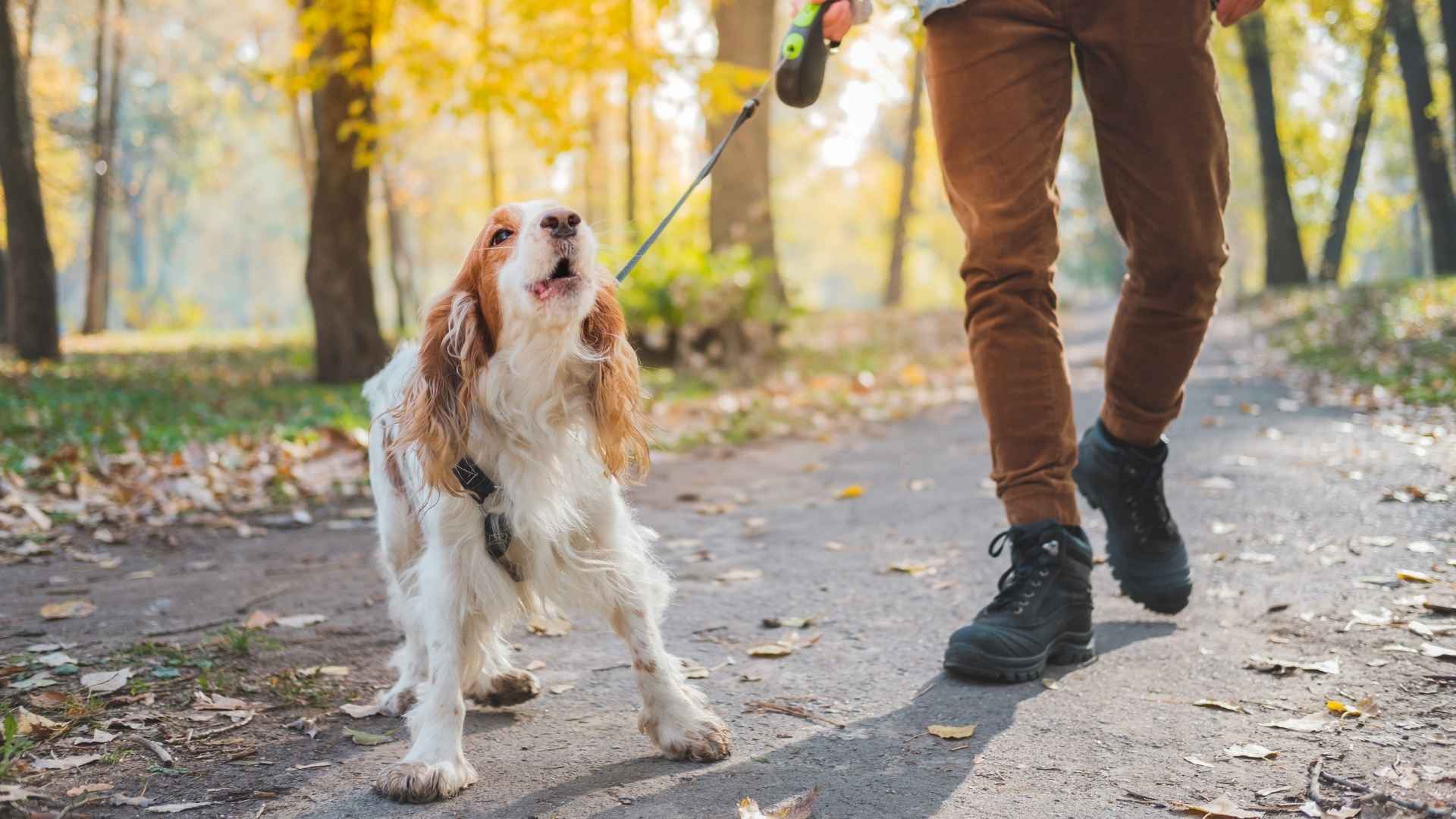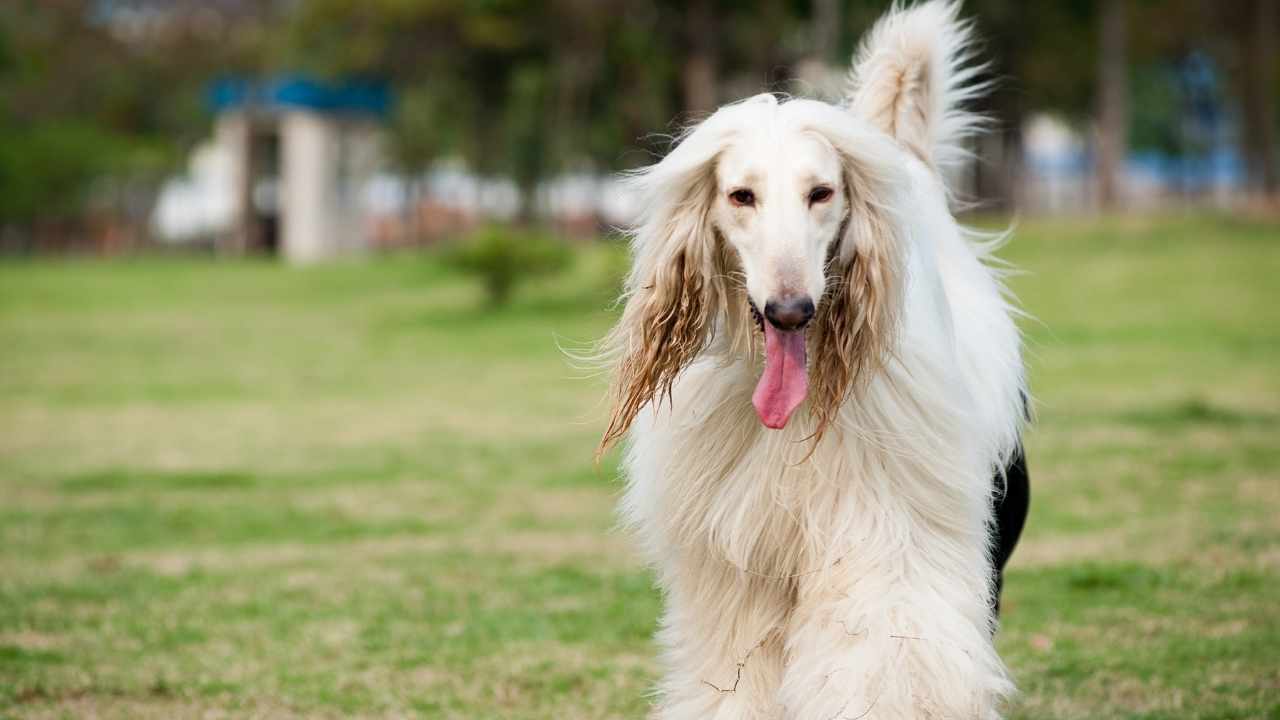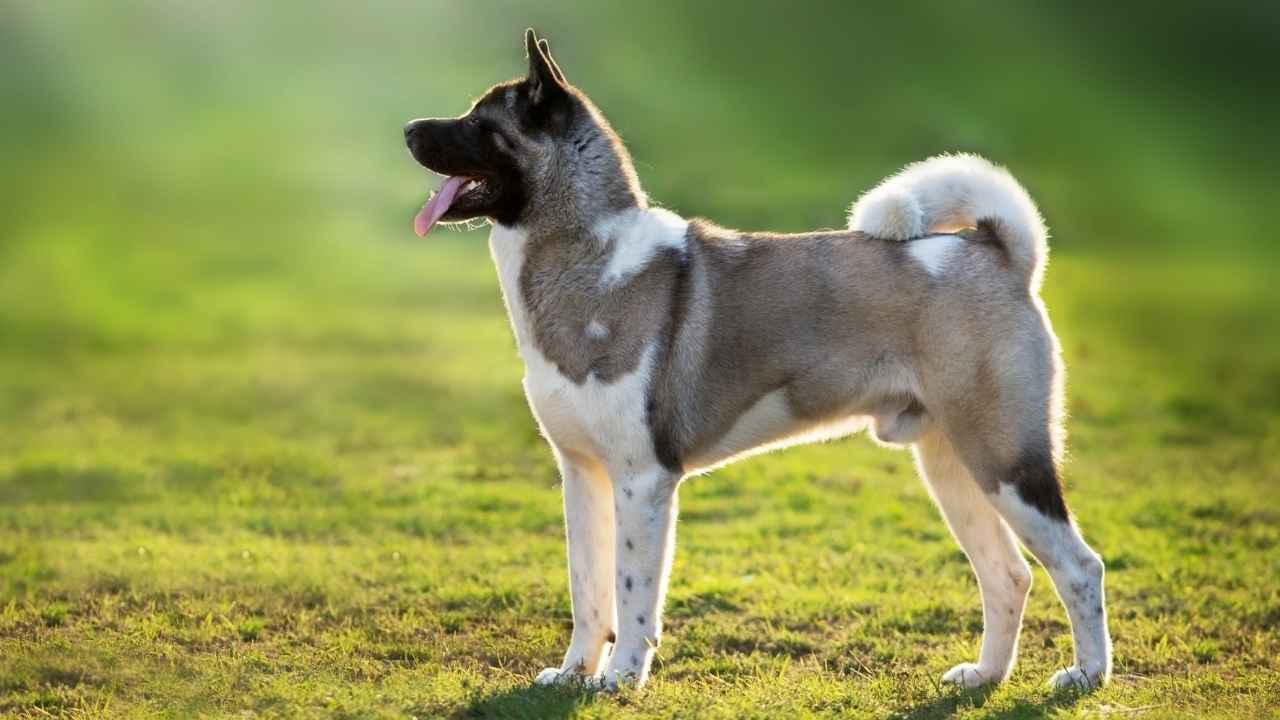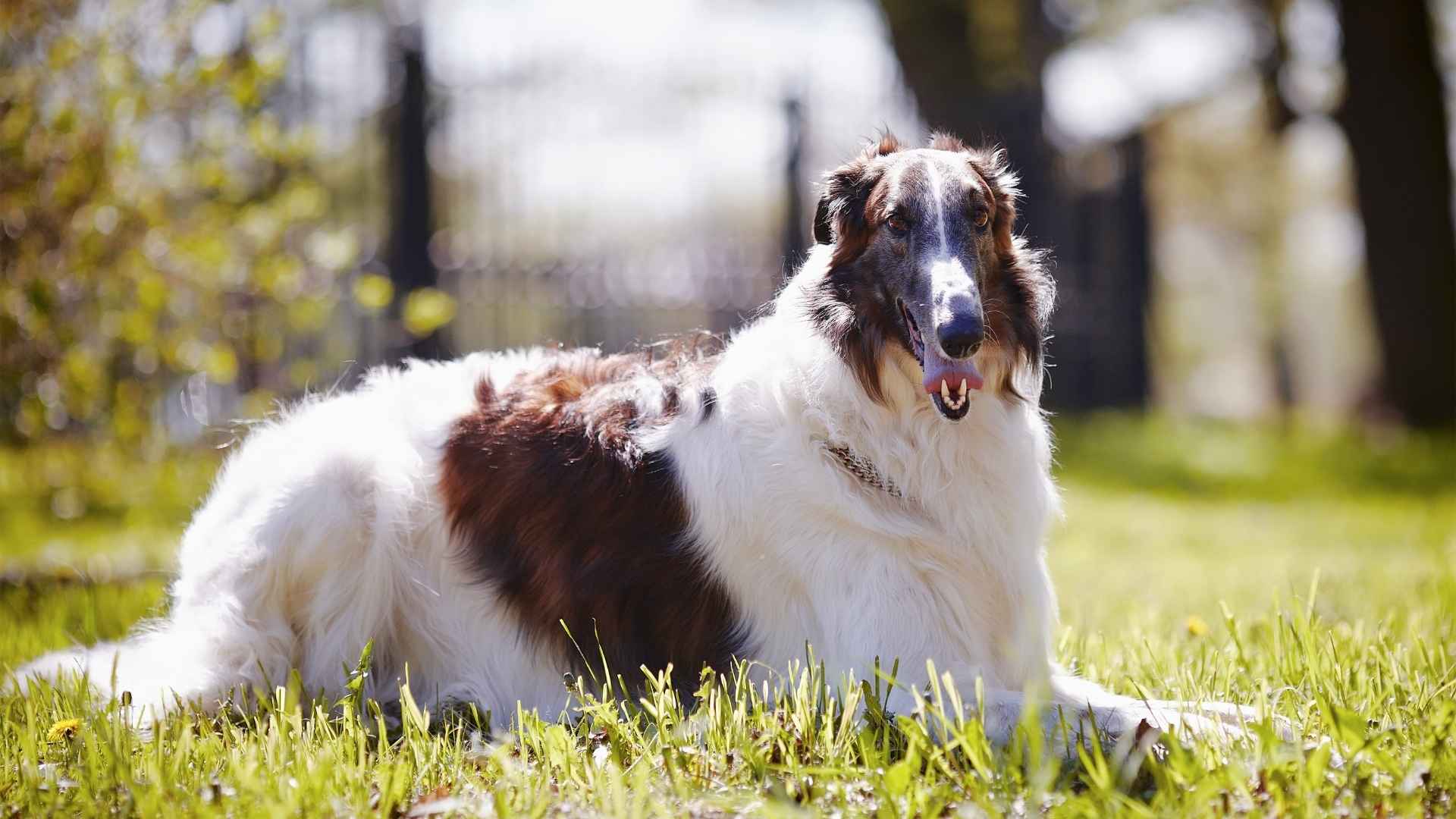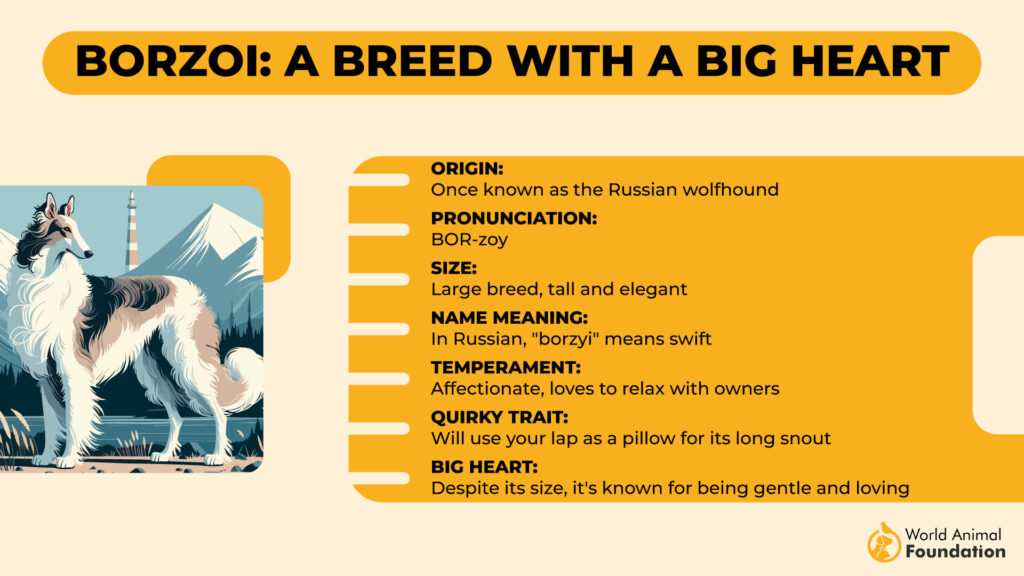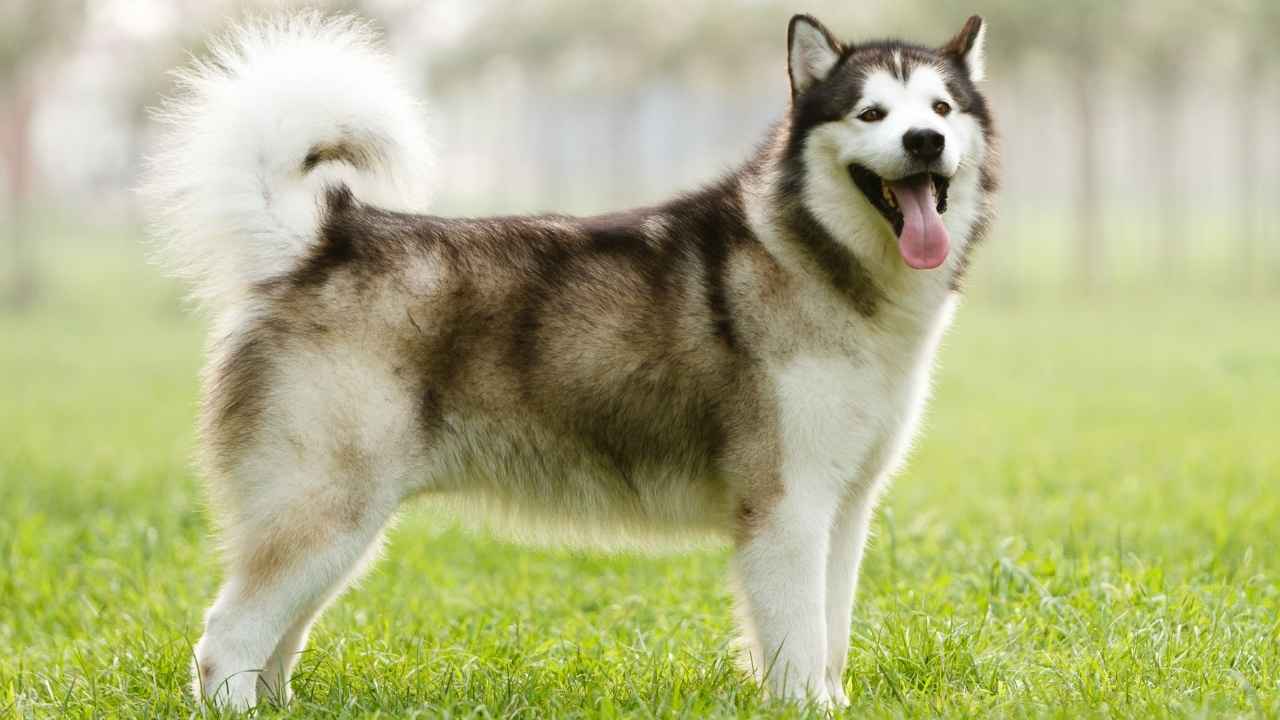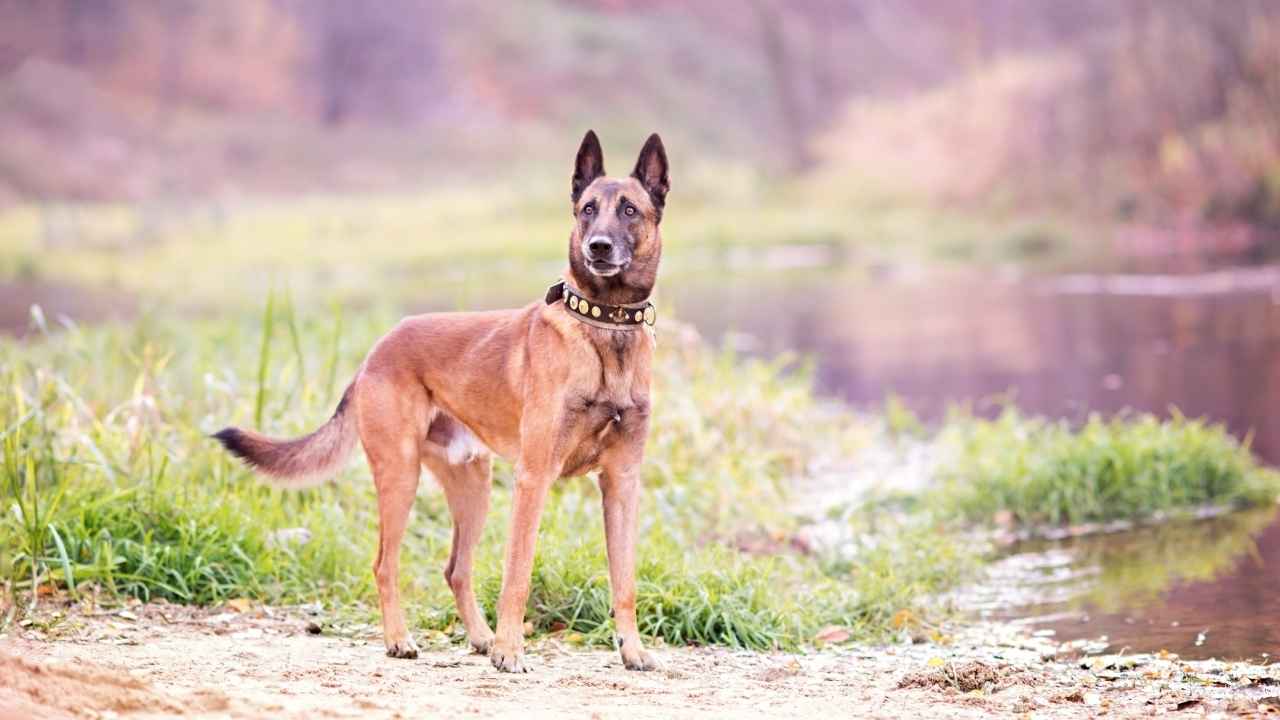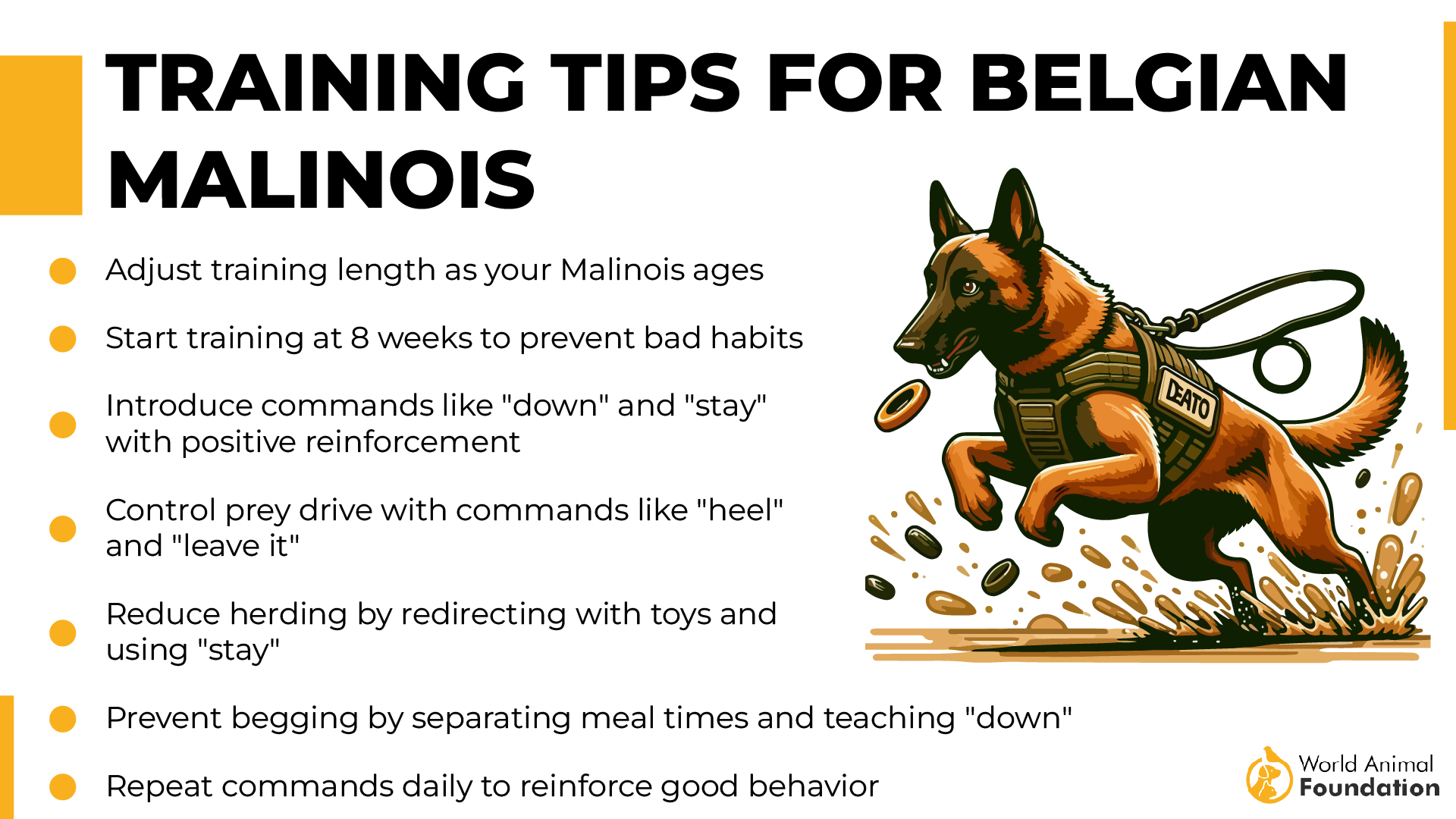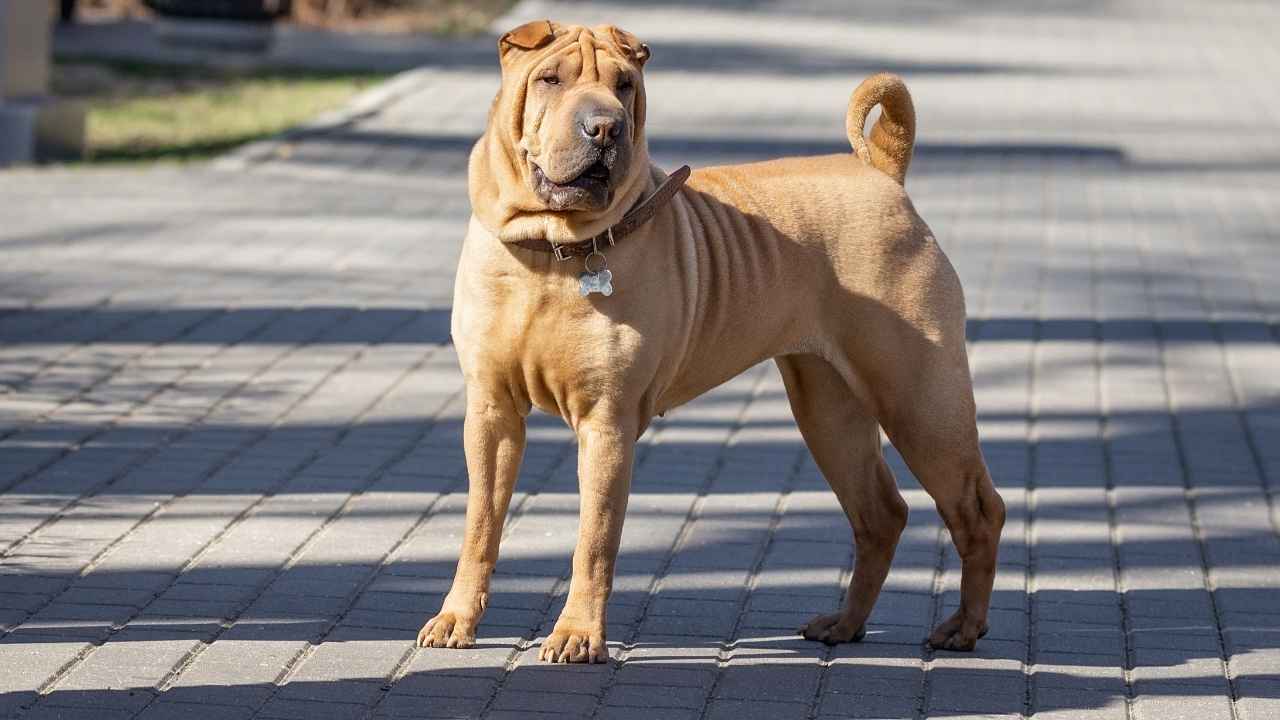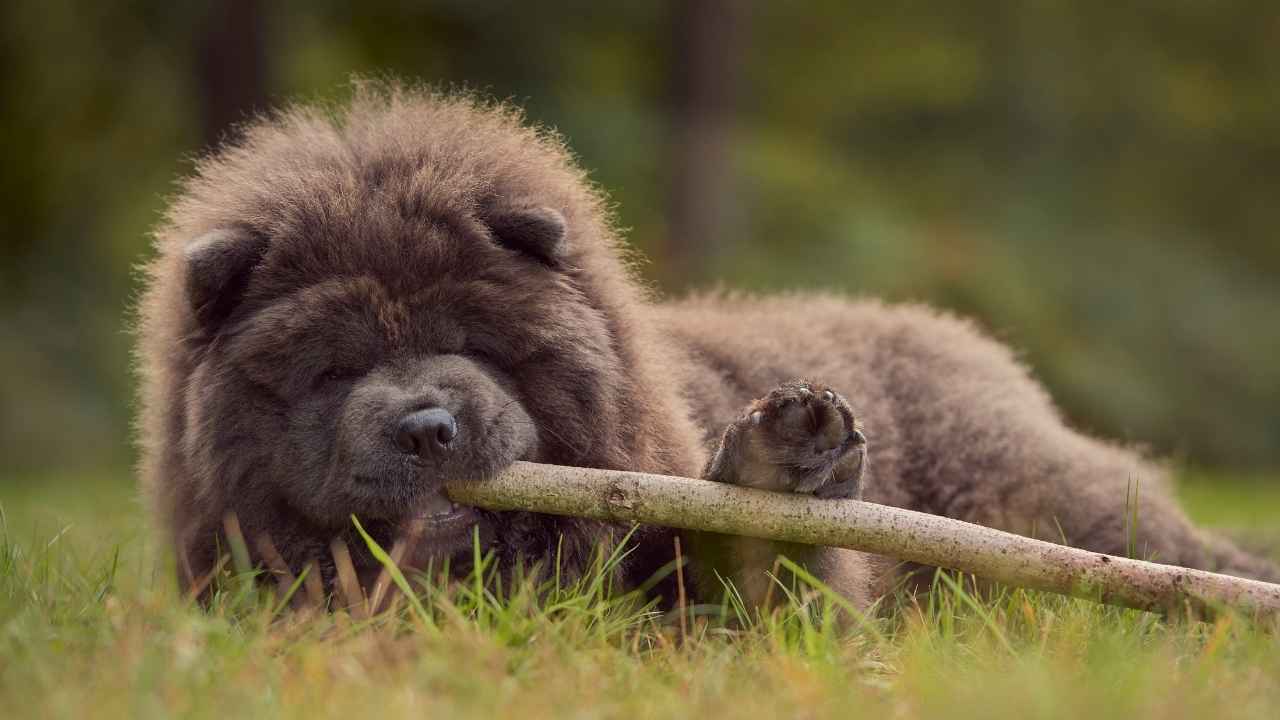Dogs are often celebrated as man’s best friend, but not all breeds take kindly to every person who crosses their path. While many dogs are naturally sociable and welcoming, some breeds possess a more cautious or protective nature, making them wary of strangers. Understanding these instincts is crucial, especially for potential pet owners seeking a dog breed that aligns with their lifestyle and security needs. This article explores seven dog breeds known for their reserved demeanor around unfamiliar faces, shedding light on the traits that make them both unique guardians and beloved companions.
Some dogs are naturally more reserved around strangers, making them perfect guard dogs or protective family companions. While they might be affectionate and loving with their family members, these dogs can be wary of unfamiliar people.
Their instinct to protect and form strong bonds with their human family members can make them cautious around newcomers. Early socialization, consistent training, and a calm environment can help these dogs adjust and become well-mannered even around strangers.
Let’s take a look at seven breeds that tend to not like strangers, along with tips on how to help them become more comfortable.
Dog Breeds That Don’t Like Strangers
1. Afghan Hound
Afghan Hounds are independent and proud dogs with a regal appearance, but they are also known for being aloof and reserved, especially around strangers. Their instinct is to be cautious of unfamiliar people, making them less likely to welcome strangers with open arms. Although they bond deeply with their family members, Afghan Hounds can be distant, and their calm demeanor might be mistaken for aloofness.
According to PetMD, despite their somewhat aloof attitude, Afghan Hounds are incredibly gentle and affectionate with those they trust. Their aloofness doesn’t mean they are unloving—it simply takes time for them to warm up to unfamiliar faces. When they feel comfortable, Afghan Hounds are loyal companions who enjoy being close to their owners.
Their independence may make them seem distant, but with consistent training, they will learn to distinguish between familiar faces and potential threats. Once socialized, Afghan Hounds can be very affectionate and well-behaved around new people.
Pro Tip: To help your Afghan Hound, start socializing them with various people and environments from a young age. Make these experiences positive with treats and calm behavior, so they begin to associate strangers with safety and reward.
2. Akita
Akitas are large, powerful dogs with a strong, protective instinct, making them naturally wary of strangers. This breed was originally developed as a guard dog, so their tendency to be suspicious of unfamiliar people is hardwired into their nature. While Akitas are fiercely loyal to their family members, they may react aggressively to new people, especially if they feel their loved ones are threatened.
Although they can be intimidating, Akitas are usually not aggressive without cause. When properly socialized, Akitas can coexist with strangers in a calm and composed manner. The challenge is teaching them the difference between harmless visitors and potential threats to their families.
Proper socialization and regular exposure to new people, environments, and experiences are key to helping an Akita grow into a well-adjusted dog. This allows them to feel secure and calm, even when strangers come around.
Pro Tip: Early exposure to strangers, combined with consistent training and positive reinforcement, will help your Akita learn to behave calmly around new people without becoming fearful or aggressive.
3. Borzoi
Borzoi dogs are elegant and graceful, but they can also be standoffish with strangers. This breed tends to be reserved and often prefers to keep their distance when encountering unfamiliar faces. Though Borzois form strong bonds with their families, they are cautious when meeting new people, especially if they sense potential danger.
Their aloofness is often misinterpreted as fear or aggression, but it’s just their instinct to observe and assess before approaching anyone. Hill’s Pet states that Borzois are gentle souls with their families, but they take time to warm up to new faces. Patience and positive reinforcement are essential to building their confidence around strangers.
Because Borzois are naturally inclined to keep to themselves, it’s important to ensure they have plenty of opportunities to interact with new people in a controlled and positive manner. With early socialization, you’ll have a Borzoi that can balance their instinct for caution with a calm and friendly demeanor.
Pro Tip: When introducing a Borzoi to new people, be patient and give them space. Avoid forcing interactions and instead, let them approach at their own pace to feel safe.
4. Alaskan Malamute
The Alaskan Malamute is a large, strong-willed breed that tends to be wary of strangers. While they are affectionate and loyal to their families, they are naturally protective, especially around new people. Their aloof nature can make them appear intimidating to those unfamiliar with the breed, but they are simply assessing the situation before deciding how to react.
Alaskan Malamutes are usually calm and composed, but they may growl or bark when strangers approach their space. This is not an indication of aggression, but rather a natural defense mechanism to protect their family. Malamutes can learn to tolerate new people with the right training, and their strong loyalty to family members makes them excellent watchdogs.
Despite their natural suspicion of strangers, with proper guidance and patience, an Alaskan Malamute can learn to accept new faces without feeling threatened. Consistent socialization will also ensure they don’t become overly protective or anxious.
Pro Tip: Engage your Alaskan Malamute in early socialization classes where they can interact with other people and dogs in a controlled environment. This helps prevent anxious behavior and builds confidence in social situations.
5. Belgian Malinois
The Belgian Malinois is an intelligent and energetic breed that can be reserved around strangers. Originally bred as a working dog, the Malinois have a strong protective instinct, which can make them more cautious when encountering unfamiliar people. While they are typically friendly and affectionate with their families, they may act as natural guard dogs when it comes to new faces.
With their high intelligence, Belgian Malinois dogs are highly trainable. They can be taught to differentiate between friendly visitors and threats, but this requires early socialization and consistent training. Without it, they may become overly suspicious or fearful of unfamiliar people, leading to unnecessary behavioral issues.
The key to helping a Belgian Malinois around strangers is establishing trust and teaching them to remain calm when meeting new faces. Their high energy and alert nature also mean that they require mental stimulation, making training an enjoyable experience for both of you.
Pro Tip: Incorporate socialization sessions with friends, family, and strangers early in your Belgian Malinois training to ensure they grow up to be well-adjusted and confident.
6. Shar Pei
Shar Peis are known for their distinct wrinkled faces and calm demeanor, but they can be suspicious of strangers. As per Purina, their natural protectiveness and strong loyalty to their families can cause them to be wary of unfamiliar people, especially if they feel their loved ones are in danger. While they may not show aggression, Shar Peis are more likely to observe new faces from a distance and only approach when they feel comfortable.
Shar Peis are very loving and affectionate with their families, but their reserved nature requires patience and careful handling. They are not aggressive by nature but will defend their family if they sense a threat. It’s important to encourage positive experiences with new people to help reduce fear-based reactions.
Proper training and socialization from a young age can help prevent fear and anxiety from developing into aggression. If Shar Pei feels secure and comfortable, they will slowly warm up to strangers, revealing their affectionate and calm personality.
Pro Tip: Introduce your Shar Pei to strangers slowly and allow them to come to you at their own pace. Use calm body language and treats to reinforce positive interactions.
7. Chow Chow
Chow Chows are an ancient breed known for their independence and aloofness, especially around strangers. Originally bred for guarding, this breed has a strong protective instinct, making them cautious around unfamiliar faces. Their regal and dignified appearance often gives them an air of mystery, and they tend to be reserved when meeting new people.
Chow Chows are loyal and affectionate with their families, but they do not easily trust new people. This breed is known to form deep bonds with their family members, and they can be quite standoffish with strangers. Early socialization is essential to ensure that they don’t develop behavioral problems when meeting new people.
Despite their tendency to be distant, Chow Chows can still be loving and protective when they feel safe. Socialization and proper training can help reduce their suspicion of strangers, turning them into calm, affectionate companions.
Pro Tip: Ensure your Chow Chow is exposed to a variety of people and situations early on. Reward calm behavior around strangers to reinforce positive associations.
Conclusion
Dogs that don’t like strangers often have a naturally protective temperament, but with the right training and early socialization, many can learn to adjust. Certain breeds like the Akita or Shar Pei may be more reserved around unfamiliar people, but with consistent guidance, they can become more comfortable in social settings. It’s essential to recognize early warning signs, like growling or barking, so that you can address behavioral issues before they escalate.
Training classes and time spent in dog parks can also help your dog interact more positively with both human friends and other dogs. For breeds that tend to be more cautious, such as the Alaskan Malamute or the Basenji, early exposure to new environments and situations can be key. Even smaller, typically friendly breeds like Toy Poodles may develop fear or anxiety if they aren’t properly socialized from a young age.
Whether it’s calmly interacting with strangers or learning to adjust to new people and pets, it’s all about creating positive experiences. With patience, you can help your dog build strong bonds, both with family members and new friends. Many dogs, with the right approach, can learn to be well-adjusted and welcoming, making them even better companions for your household.
In conclusion, understanding which dog breeds typically prefer to keep their distance from strangers is crucial for potential pet owners seeking a loyal but cautious companion. Breeds such as the Akita, Chow Chow, and Belgian Malinois are known for their wariness of unfamiliar people, often showcasing strong protective instincts. While these dogs can form deep bonds with their families, they benefit from early socialization and consistent training to ensure they are well-adjusted in diverse environments. Choosing a breed that is naturally aloof with strangers requires commitment to ensuring their comfort and safety, fostering a rewarding relationship between owner and pet.

